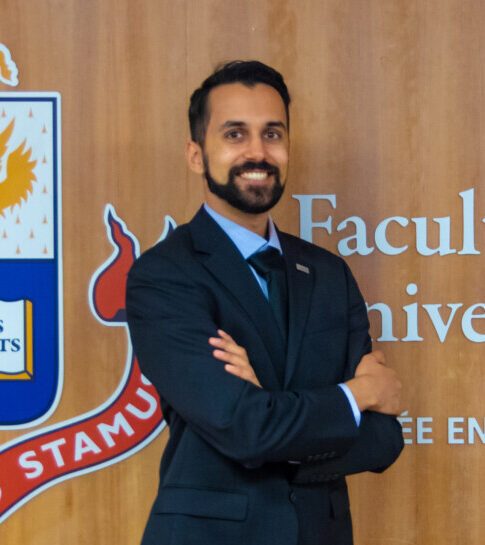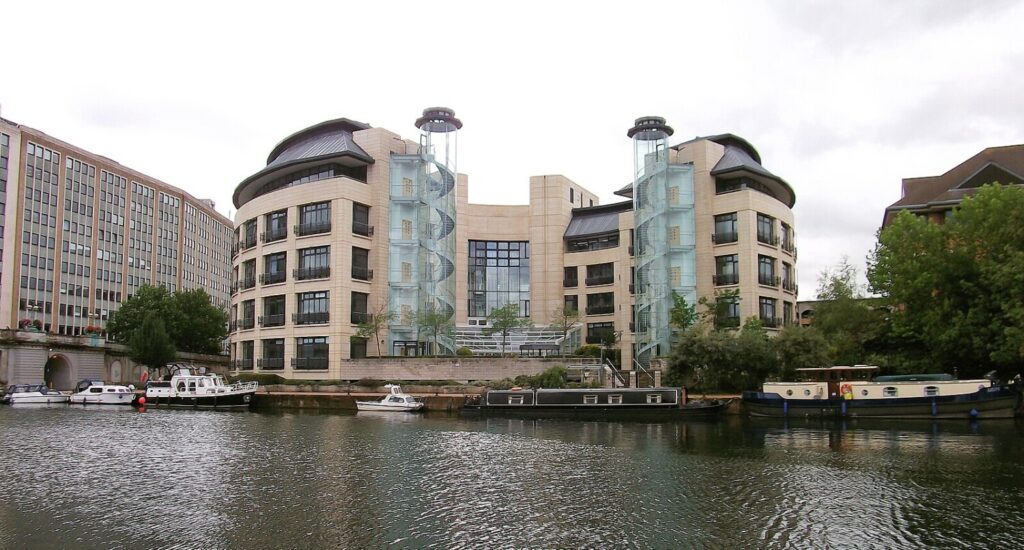Manga Politicised: ‘One Piece’ Enters Indonesian Politics
An anime series on pirates and camaraderie has left the screen and is transforming into a rallying political symbol of resistance and creative expression in Indonesia.
In recent years, the anime-culture sensation One Piece has seen increased influence within Indonesia, even appearing to shape the country’s political landscape. The classical manga and animated series about the Straw-hat pirate crew and their adventures – created by Eiichiro Oda – has become the longest running manga-anime series and has set a Guinness World Record for selling over 500 million copies worldwide (Madillo, 2024).
One Piece recently also became a Netflix live action series, whilst the animated show was listed as the fourth most watched series globally on television in 2023 (AnimeHunch, 2024). It comes as no surprise therefore, that this series remains one of the largest franchises across publication, streaming and entertainment platforms. So what is the link between a Japanese manga and politics in Indonesia?
On 17 August 2025, Indonesia recently celebrated its 80th Independence Day. Among the celebrations, colours and national flag, was the One-Piece flag of a cartoon skull with crossbones and wearing the straw-hat (NHK World Japan, 2024). The flag was found on buildings, trucks, or carried by people across the country. The public used this flag as a form of expression and symbol of defiance against the current President Subianto and his government policies, economic mismanagement, elitism, and corruption (Budman & Purwanto, 2025). Reports have indicated that the government ordered law enforcement to confiscate One Piece flags, with some political party members advocating for banning the flag while others accepting it as creative expression of opinion (Amnesty International, 2025).
For the One-Piece franchise, there has been a surge in commercial demand within Indonesia, with reports of an over 300% increase in orders of flags, clothes and artwork – this symbol of pop culture became a representation of community identity and political commentary (Anatara, 2025). The story of One Piece includes themes such as family, friendship, freedom, solidarity against injustice and battling against oppressive authorities, which the public in Indonesia (and elsewhere) have connected deeply with in a time where instability and insecurity are fuelling the global political landscape. Action taken by the government against the use of a peaceful protest with the One Piece flag was, therefore, inevitably considered repressive (The Jakarta Post, 2025).
The use of anime imagery in politics is not unique to Indonesia. Japanese politicians often use anime from another popular manga, Naruto, for soft power diplomacy. In Hong Kong, protesters also used characters from Naruto in graffiti during their protests against the Chinese government. In a time where protests and political movements are instantly available across the world through social media, the use of recognizable imagery creates an increased wave of support to the cause. A comic book can thereby get transformed into a powerful political symbol, bridging youth culture with civic resistance. Importantly, it signals how modern protest movements use shared cultural icons to build unity, attract attention, and frame their cause in terms of justice and liberation.
Bibliography
- BBC News, ‘One Piece : From niche within a niche to global phenomenon’ Samuel Spencer, September 2024, URL:
https://www.bbc.com/news/articles/c1k39g94l9ro - AnimeHunch, ‘One Piece Becomes 4th Most Searched TV Show Globally In 2023; But Not In Japan’ A.R. Madillo, January
2024, URL : https://animehunch.com/one-piece-becomes-4th-most-searched-tv-show-globally-in-2023-but-not-in-japan/ - NHK World Japan, ‘One Piece’ flags flying in likely proest at Indonesian govt.’ 2025, URL:
https://www.youtube.com/watch?v=NUwOf4gelU8 - Reuters, ‘Indonesian artists, students unfurl pirate sign as protest symbol’, Yuddy Cahya Budman and Budi Purwanto, August
2025, URL: https://www.reuters.com/business/media-telecom/indonesian-artists-students-unfurl-manga-pirate-sign-protest-symbol-2025-08-08/ - Amnesty International, ‘Indonesia: Stop crackdown on One Piece anime flag ahead of Independence Day’ August 2025, URL:
https://www.amnesty.id/kabar-terbaru/siaran-pers/indonesia-stop-crackdown-on-one-piece-anime-flag-ahead-of-independence-day/08/2025/#:~:text=As%20a%20symbol%20of%20defiance%20and%20anger%20against%20the%20government,flown%20to%20mark%20Independence%20Day - Anatara, ‘President sees ‘One Piece’ flag as creative expression’, August 2025, URL:
https://en.antaranews.com/amp/news/371641/president-sees-one-piece-flag-as-creative-expression-official - The Jakarta Post, ‘Rights group slam govt’s ‘repressive’ approach against anime flag movement’, Radhiyya Indra, August 2025,
URL: https://www.thejakartapost.com/indonesia/2025/08/06/rights-group-slam-govts-repressive-approach-against-anime-flag-movement.html



